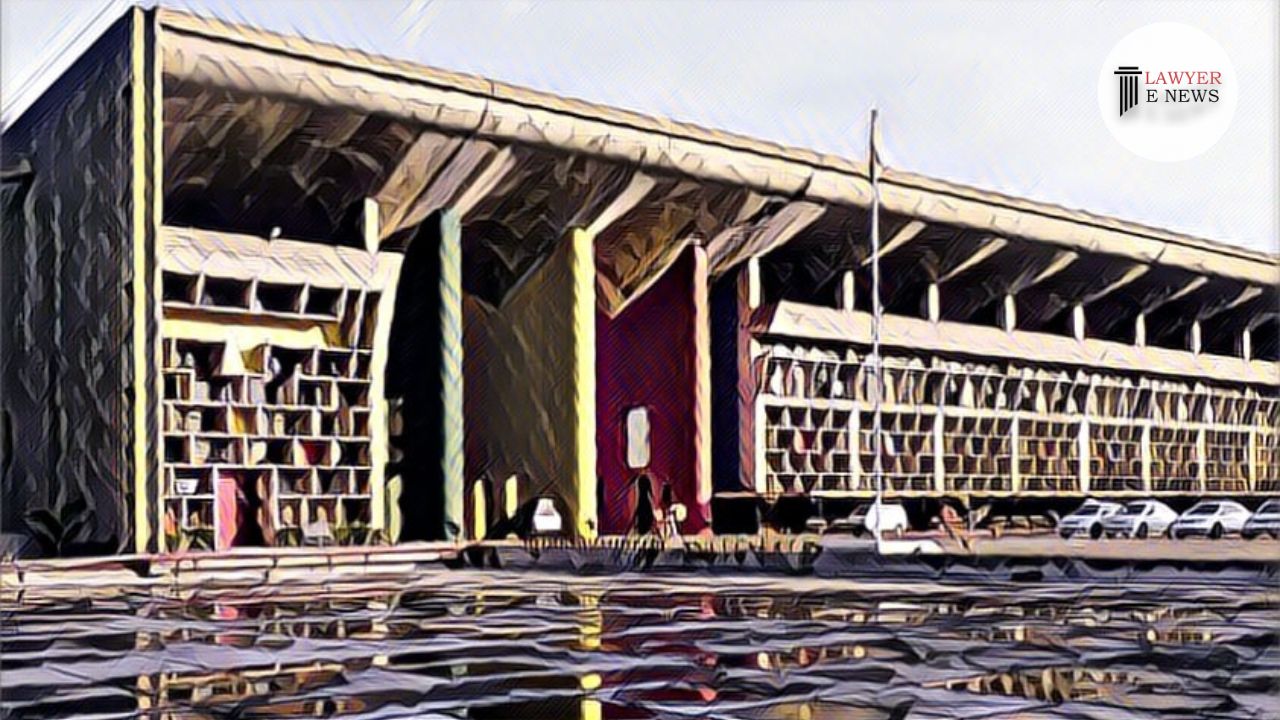-
by Admin
15 February 2026 5:35 AM



In a significant ruling, the Punjab and Haryana High Court has allowed an appeal in a motor accident claim case, clarifying the scope and application of Section 166 of the Motor Vehicles Act, 1988. The appeal was filed by the widow and children of the deceased, against the order of the Motor Accident Claims Tribunal, Faridabad which had dismissed their claim on procedural grounds.
The tribunal had dismissed the compensation claim on the grounds of non-joinder of necessary parties, specifically the mother of the deceased. The appellants sought compensation following a fatal accident on March 20, 2004, involving the deceased, Angesh Kumar, who was hit by a negligently driven TATA Sumo.
Justice Sudeepti Sharma, addressing the primary issue of non-joinder of necessary parties, emphasized that the Motor Vehicles Act, particularly Section 166, does not necessitate the inclusion of all legal representatives as claimants or respondents in compensation claims arising from accidents. The Court highlighted that the tribunal had erred by applying the procedural stringency of civil trials to motor accident claims, which are essentially meant to provide quick relief to the victims’ families.
The Court took note of the eyewitness testimony and the police investigation reports, which corroborated that the accident was caused due to the rash and negligent driving of Raj Kamal, the driver of the TATA Sumo.
The decision to dismiss the claim based on the absence of the mother of the deceased was criticized. The Court referenced several judicial precedents underscoring that the non-joinder of some legal representatives does not invalidate a compensation claim, and that procedural flexibility is warranted to amend such claims.
Based on the Supreme Court’s guidelines in various precedents, the Court recalculated the compensation, taking into account the deceased’s earnings, future prospects, and personal expenses. The total compensation was set at Rs. 5,82,240 with an interest rate of 9% per annum from the date of the claim till realization.
Decision of the Court: The appeal was allowed, and the order of the Tribunal was set aside. The Insurance Company was directed to deposit the awarded compensation amount with interest within two months. The distribution of the compensation was specified among the appellants.
Date of Decision: March 22, 2024
SMT. KAUSHAL AND OTHERS v. RAJ KAMAL AND OTHERS
